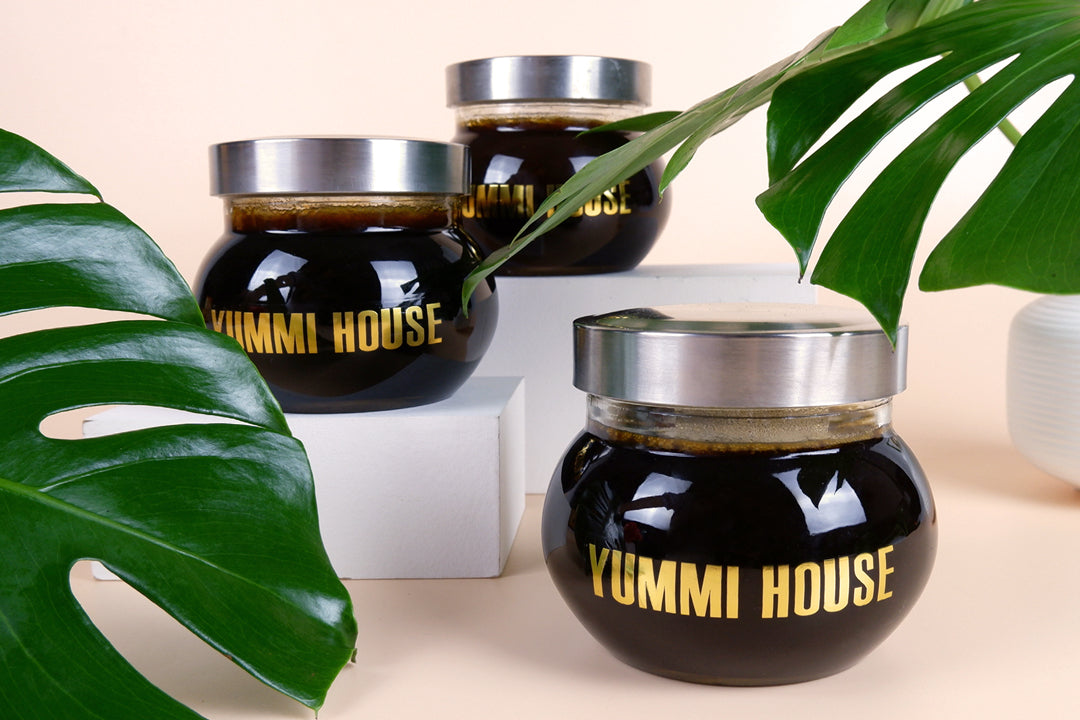Wild Honey: A Natural Preservative with Long Shelf Life
The reason why Natural Wild Honey can be stored for a long time without expiration is mainly related to the following aspects :

-
ANTI-BACTERIAL :
Honey contains substances with antibacterial properties, such as hydroperoxides and enzymes. These ingredients help inhibit the growth and activity of microorganisms.
-
LOW MOISTURE CONTENT :
Honey is primarily composed of sugars, mainly glucose and sucrose, with a low moisture content (usually less than 15%). Since bacteria and yeast require moisture to survive, the lack of water prevents microbial growth, making honey naturally resistant to spoilage.
-
LOW WATER DENSITY :
Honey has very low water density, which means the water is virtually unavailable for microbial growth because it is tightly bound by the sugars in honey.
-
HIGH ACIDITY :
Honey usually has high acidity, with a pH between 3.2 and 4.5, which is also helpful in inhibiting the growth of microorganisms. Highly acidic environments are not conducive to the growth of most bacteria and microorganisms.
-
SEALING :
If honey remains sealed, it prevents the entry of outside air and microorganisms, thus maintaining its purity and long-term durability.
